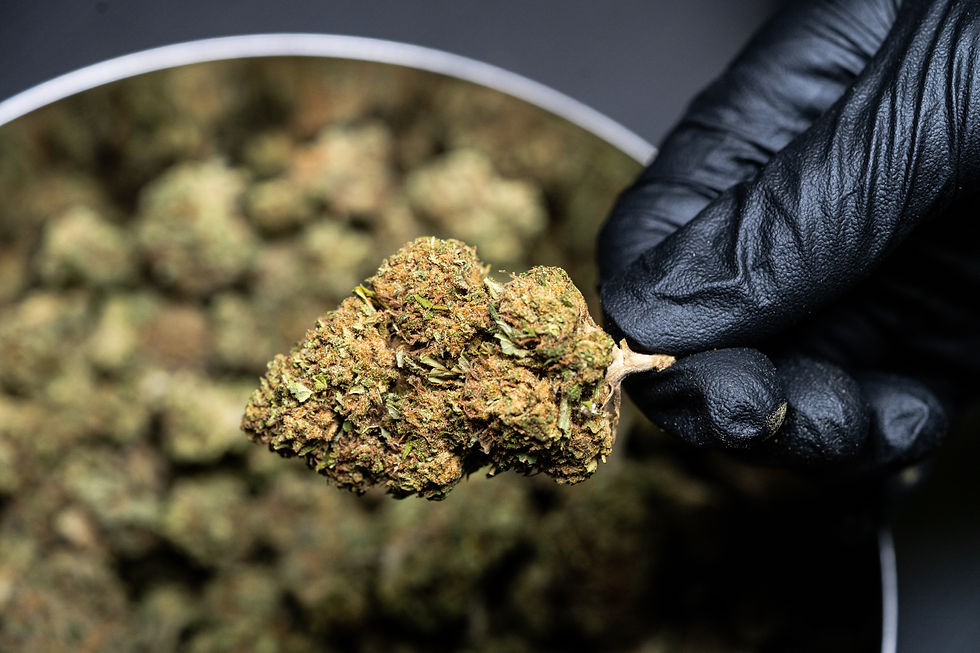Medical cannabis, also known as medical marijuana, is a plant-based medicine that has been used for centuries to treat a variety of medical conditions. It contains compounds known as cannabinoids, which interact with the body's endocannabinoid system to produce a variety of therapeutic effects. In Pennsylvania, medical marijuana is approved to treat several conditions, including chronic pain, epilepsy, multiple sclerosis, and Crohn's disease, as well as reducing symptoms of anxiety and chemotherapy-induced nausea and vomiting.

One of the main cannabinoids found in cannabis is tetrahydrocannabinol (THC), which is responsible for the plant's psychoactive effects. Another important cannabinoid is cannabidiol (CBD), which does not produce psychoactive effects but has been shown to have a variety of therapeutic benefits.
Cannabis is a complex plant that contains numerous compounds, including terpenes. Terpenes are volatile organic compounds that are responsible for the distinctive aroma of cannabis strains and have been shown to have therapeutic effects. They interact with other compounds in the plant, including cannabinoids like THC and CBD, to create what is known as the "entourage effect". This means that the therapeutic effects of cannabis are not solely due to individual compounds but are also a result of the interactions between them. Terpenes have been studied for their anti-inflammatory, anti-anxiety, and anti-depressant properties and are thought to contribute to the overall therapeutic benefits of cannabis. It's worth noting that the effects of terpenes can be subtle and may vary between strains and individuals. However, the growing body of research suggests that terpenes play an important role in the therapeutic effects of cannabis.
The use of medical cannabis in Pennsylvania has a long history, starting with its ban in 1933 by the governor of the state, four years before it was outlawed by the federal government. It wasn't until 2016, when the current governor, Tom Wolf, signed Senate Bill 3 into law, that medical marijuana was legalized in the state and physicians were given the approval to prescribe medical marijuana to patients who met any of the 23 qualifying conditions. Medical marijuana dispensaries opened their doors in Pennsylvania on February 15th, 2018, offering prescribed cannabis to patients.

If you're looking for a medical marijuana card near you, it is important to understand the regulations and requirements for obtaining a medical marijuana card in your state. To be eligible in Pennsylvania, you must be diagnosed with one of the 23 qualifying medical conditions and receive a recommendation from a licensed Pennsylvania medical marijuana doctor.
If you're living with anxiety or suffering from chronic pain, the use of medical marijuana may be a viable treatment option for you. Schedule an appointment with a licensed medical marijuana doctor in Pennsylvania to discuss the potential benefits of medical cannabis as part of your treatment plan.
Consult with a licensed doctor to determine
if you qualify for a medical cannabis card.

Comments